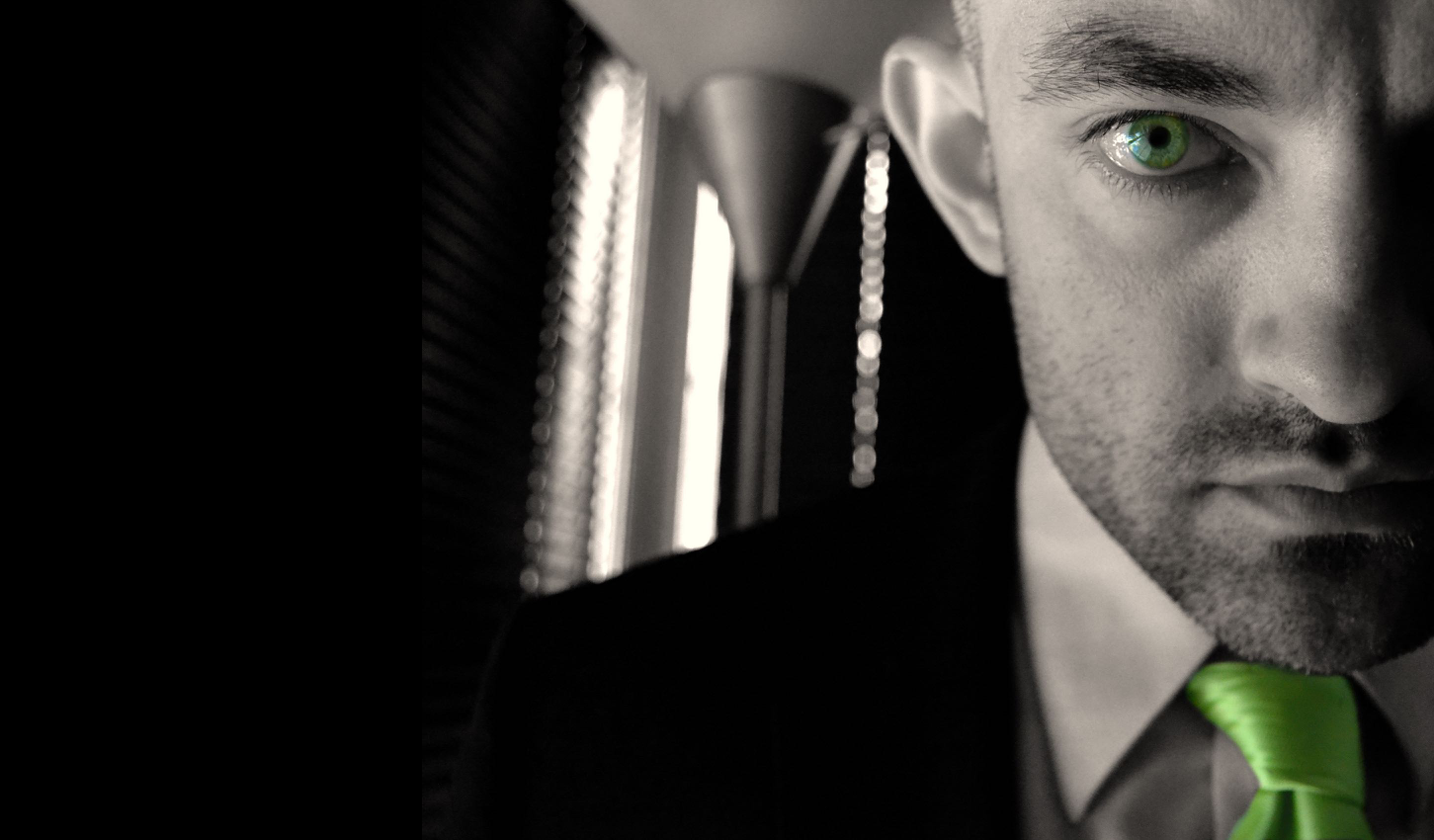
“I drive myself too hard.” “I push others too far.” “When I want something badly, I don’t know when to stop.” “I don’t suffer fools gladly.” “When I’m stressed, I often take it out on others.” “I’m sometimes hard on people, but that’s what it takes to win.”
If any of these statements sound like you, join the club. The bad news is you’re a maniacal control freak who makes everyone around you miserable. The good news is you’re likely to be very successful, if you have the talent to back it up, that is.
I, for one, have put myself and probably half the people who have ever worked for me, worked alongside me, or even lived with me through the same meat grinder since day one. So be it. It’s a big reason for my success. And I’m not alone.
Not to compare myself with any of the greats but Steve Jobs was the same way. So were Bill Gates, Andy Grove and Larry Ellison. So are Elon Musk, Mark Zuckerberg, Jeff Bezos and Travis Kalanick. They expect big things from themselves and others. That’s who they are. That’s how they roll.
I keep reading that we should lighten up and quit being so competitive. That we shouldn’t be perfectionists. That we should cut ourselves and others some slack. That we shouldn’t set the bar quite so high. That we should be more emotionally intelligent. That’s the popular wisdom of the day, is it not?
Sounds great on paper, but the real world doesn’t really work that way. You either strive to accomplish great things or you don’t. If you don’t expect it and push for it, it doesn’t happen. Business is pretty black and white that way.
But, hey, that doesn’t mean you have to be an insane jerk about it just because some of us are. If you can somehow manage to be cool, calm and collected when people let you down, be my guest. More power to you. But it ain’t easy, that’s for sure. One story in particular comes to mind.
On an IPO run back in 2000, our first due diligence meeting with dozens of investment bankers, analysts and lawyers was coming up. As the senior veep of marketing and sales, it was my job to stand up there, present every last detail of the company’s business, and have all the answers to a million and one questions.
Due diligence is a brutal process. No stone is left unturned. I knew that going in. I’d been there before. We could do this. All I needed was for my team to spend a couple of weeks filling in all the missing gaps we’d previously glossed over and said, “We’ll figure that out later.” Well, this was later. Later was now.
Now it’s the big day of the big presentation. Everything is down to the wire. It’s nail-biting time. But that’s just par for the course. My CEO asks if I’ve got everything down. I say, “Sure,” even though I was anything but. That’s what a good boss does, right? Shoulders the stress while his team does the heavy lifting. So that’s what I did. I had faith in them. As long as they delivered, that is.
I sat in the lobby of Silicon Valley’s biggest corporate law firm and waited for the last guy to show up at the last minute with a thumb drive of the only charts I was missing. Minutes before the meeting begins he pulls up, gets out of his car, walks breathlessly into the lobby and hands me the drive.
I’m relieved. I can feel my confidence surging. Then I notice he has a funny look on his face. I’ve seen that look, all too many times. It means something bad is about to happen.
“Um … there’s just one thing,” he stutters, “There are a few gaps in the forecast.”
“What do you mean there are gaps in the forecast?” The words came out icy cold, since all the blood had drained from my face.
“I couldn’t come up with some of the data for three years out,” he squeaked out.
“Show me.”
The guy didn’t have a butt left when he scurried out of the building, leaving me to face a conference room full of hungry sharks with unexplained gaps in a revenue forecast that our entire business plan rested upon. What did I do? What I always do. I winged it. Sold it. Got through it. And two months later, just when we were ready for our IPO road show, the dot-com bubble burst.
I think it surprised both of us, but that employee did survive the episode. Years later he told me over beers that, while he was terrified of me – perhaps more of letting me down than anything – he was all the better for it, learned a lot and all that good stuff. And the company did eventually go public — four years later. Everything worked out fine.
With the corporate grind behind me, I operate in a much lower gear these days. But once upon a time, that was the real me. The genuine me. And I genuinely have no regrets.
Image credit jpellgen Flickr
A version of this originally appeared at entrepreneur.com